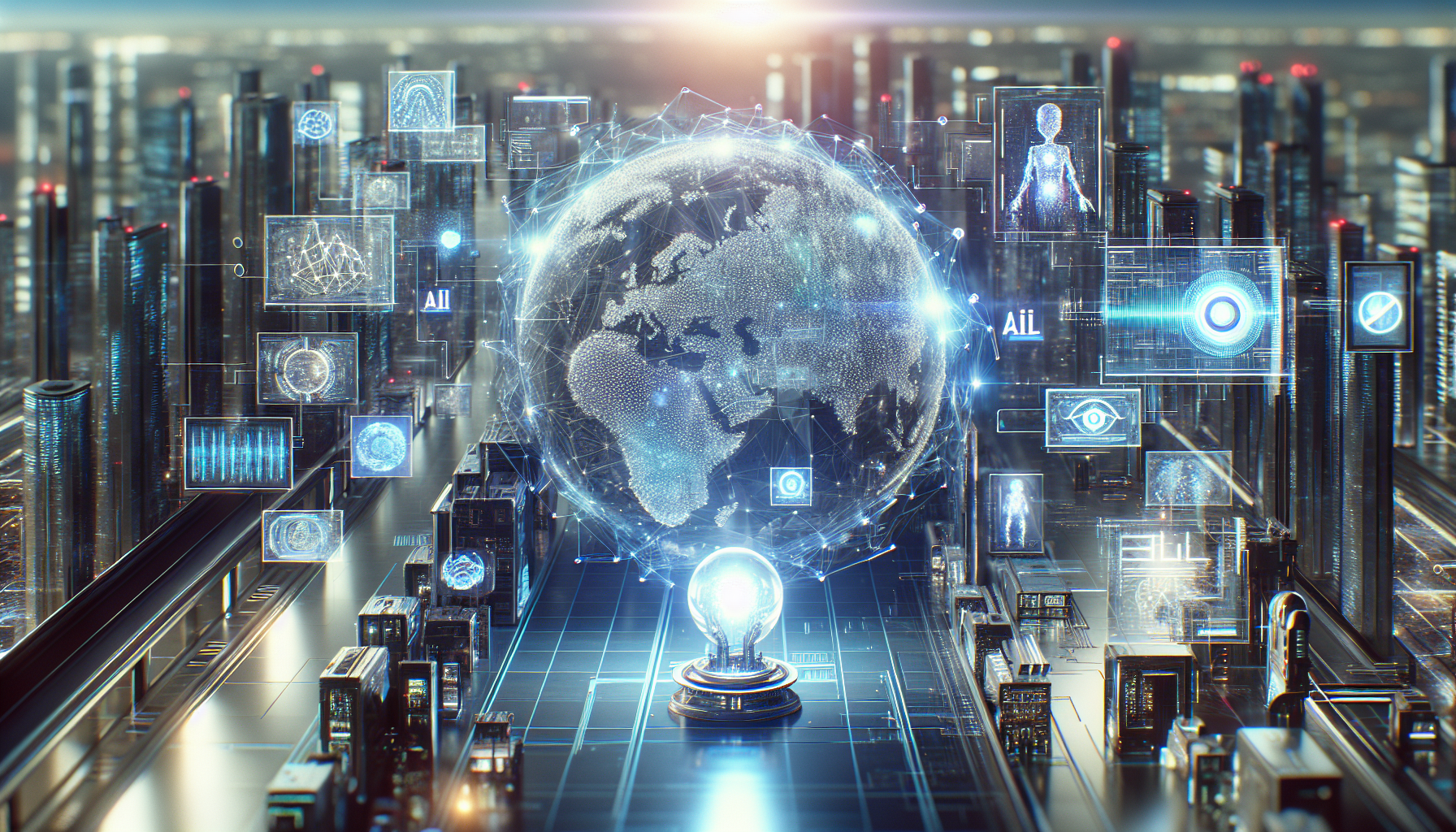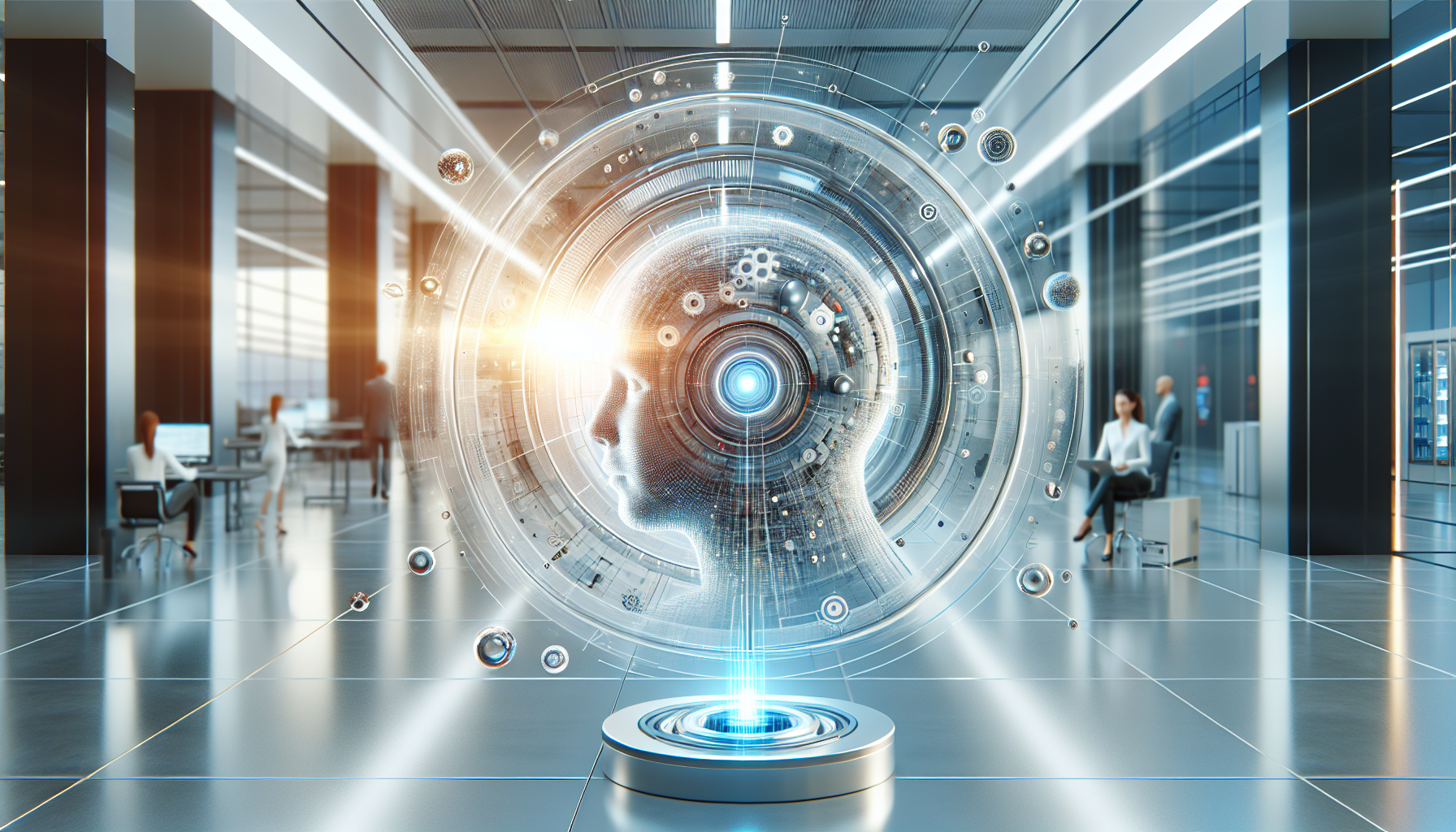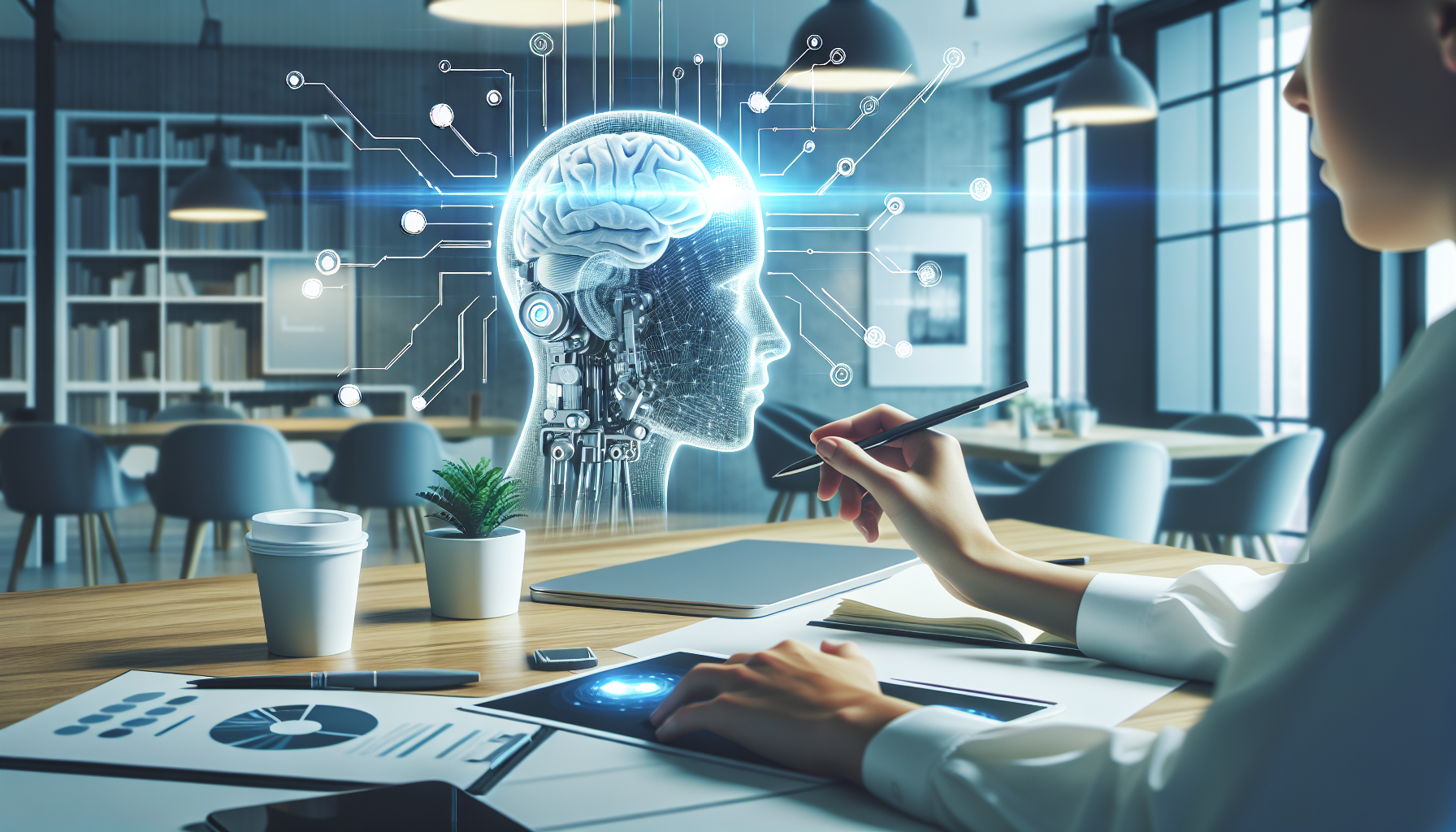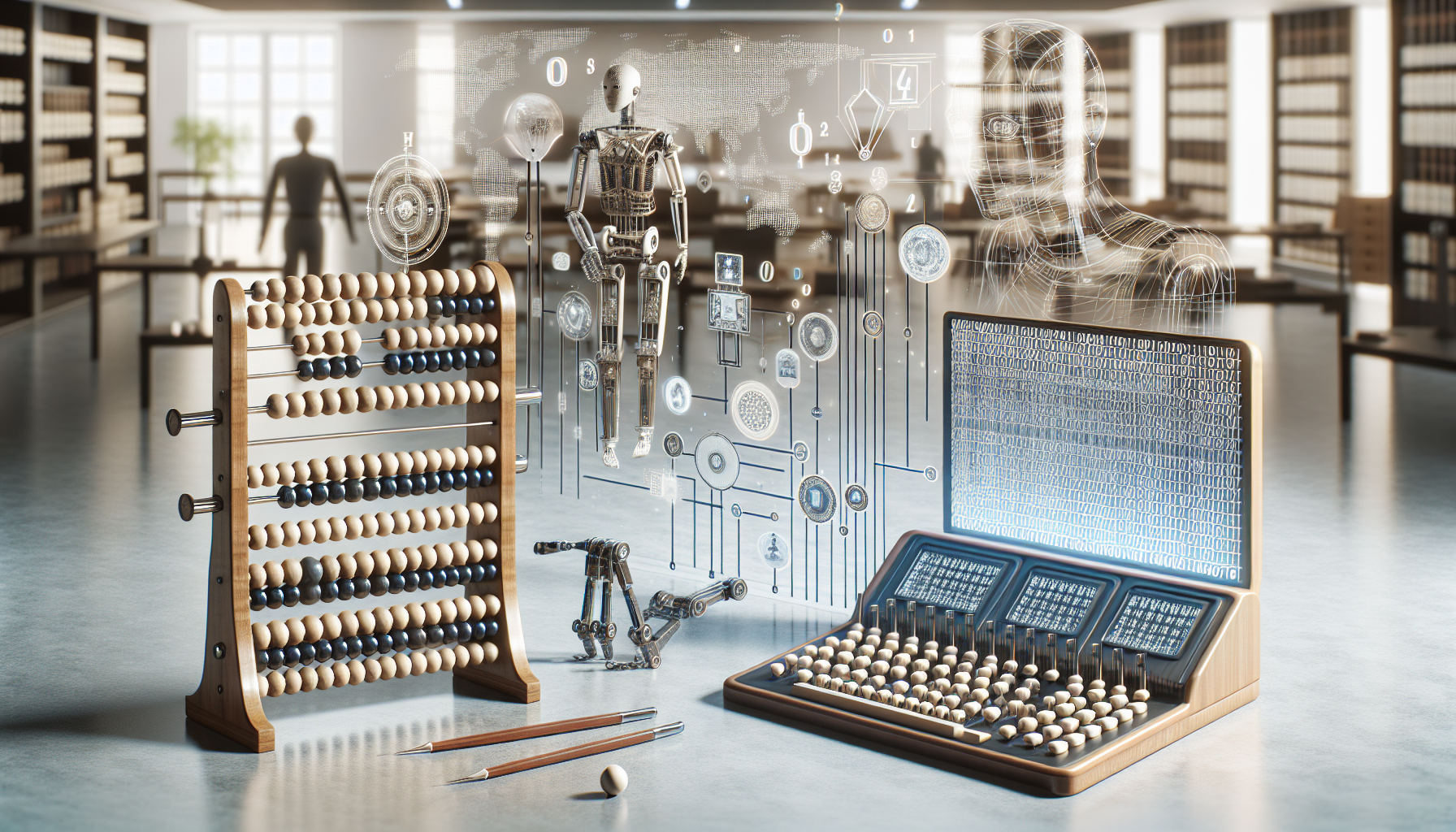
AI for Social Good: Revolutionizing Global Challenges with Future Innovations
August 4, 2025
Artificial Intelligence is no longer just a subject of futuristic speculation; it is a powerful tool poised to redefine how we tackle some of the planet's most pressing challenges. From combating climate change to enhancing healthcare, the potential of AI for social good is vast and transformative. As we look to the future, it becomes crucial to consider how AI can be harnessed ethically and effectively to foster global development.
Imagine a world where AI not only anticipates environmental disasters but actively mitigates their impact. This vision is not far from reality. AI algorithms, trained on vast datasets, can predict weather patterns and natural disasters with remarkable accuracy. These predictive capabilities allow communities to prepare for and respond to disasters more efficiently, ultimately saving lives and reducing economic losses. However, the true potential lies in AI's ability to integrate with other technologies, such as IoT devices, to create a comprehensive early-warning system that could revolutionize disaster management globally.
In healthcare, AI offers groundbreaking possibilities. Picture an AI system that can diagnose diseases faster and more accurately than human doctors. By analyzing medical images, genetic information, and patient histories, AI can identify patterns and anomalies that might elude human eyes. This not only speeds up diagnosis but also personalizes treatment plans, improving patient outcomes. Furthermore, AI can democratize healthcare by providing expert diagnostic tools in remote areas lacking medical professionals. The future of AI in healthcare is about making advanced medical care accessible to all, regardless of geography.
Education stands on the brink of transformation, thanks to AI. Envision personalized learning experiences that adapt to each student's pace and style. AI-driven platforms can analyze student performance in real time, offering insights to tailor educational content. This individualization fosters a more engaging learning environment and improves educational outcomes. Moreover, AI can bridge educational gaps by delivering quality education resources to underfunded schools, ensuring every child has the opportunity to learn and grow.
The potential of AI to address global hunger is another exciting frontier. With AI, we can optimize agricultural practices by predicting crop yields, managing resources efficiently, and minimizing waste. Drones equipped with AI can monitor crop health, detect pests, and assess soil conditions, allowing farmers to make informed decisions. As we face the challenge of feeding an ever-growing population, AI's role in creating sustainable agricultural systems becomes indispensable.
Despite these promising advancements, the deployment of AI for social good is not without challenges. Ethical considerations must guide the development and implementation of AI technologies. Ensuring data privacy, preventing algorithmic bias, and maintaining transparency in AI systems are paramount. Addressing these concerns requires collaboration among governments, tech companies, and civil society to establish robust frameworks that promote responsible AI use.
As we navigate the complexities of integrating AI into society, it is crucial to remain vigilant about potential unintended consequences. The displacement of jobs due to automation is a genuine concern. However, it also presents an opportunity to rethink the future of work. AI can augment human capabilities, leading to the creation of new industries and job roles. Preparing the workforce for this transition through reskilling and upskilling initiatives will be vital.
The future of AI for social good hinges on our collective commitment to innovation and ethical stewardship. As we continue to explore AI's potential, we must ask ourselves: How can we ensure that these technologies are developed for the benefit of all humanity? The answer lies in fostering a global community that prioritizes inclusivity, equity, and sustainability in AI initiatives.
In this era of rapid technological advancement, AI stands as a beacon of hope for addressing global challenges. It is a call to action for policymakers, researchers, and citizens to collaborate and harness AI's potential responsibly. What role will you play in shaping an AI-driven future for social good? This question invites us all to engage in creating a world where technology serves society's best interests, leaving no one behind.


